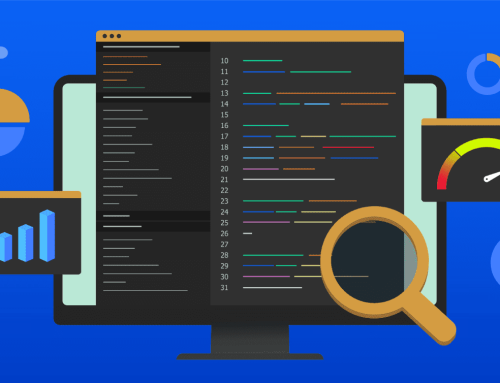The real estate industry has undergone remarkable transformations in recent years, and one of the most significant driving forces behind this evolution is Artificial Intelligence (AI). From streamlining processes to enhancing customer experiences, AI has proven to be a game-changer in the way properties are bought, sold, and managed. In this article, we will explore the growing importance of AI in the real estate sector and its various applications.

Data-Driven Decision Making
AI technology has revolutionized the way real estate professionals analyze market trends and gather crucial data. With the help of advanced algorithms and machine learning, vast amounts of information from various sources can be processed quickly and accurately. This data-driven approach empowers agents, investors, and developers to make informed decisions on pricing, property investments, and market timing, ultimately maximizing their returns and minimizing risks.

REAL ESTATE MARKETING NEWS
Receive directly into your inbox!
Receive news about Real Estate Marketing, trend & analysis, tutorials... Let's subscribe today it's totally free and may help you to boost your business!
Personalized Property Recommendations
AI-powered platforms are reshaping the property search process for both buyers and renters. By leveraging user preferences, browsing history, and demographic data, AI algorithms can offer personalized property recommendations that match potential buyers' exact requirements. This level of personalization not only saves time for clients but also increases the likelihood of finding their dream property.
Virtual Property Tours and Staging
Gone are the days of physically visiting numerous properties before making a decision. AI has introduced virtual property tours and staging, which allow buyers to explore properties remotely. High-quality 3D visualizations and interactive experiences enable clients to examine every nook and corner of a property from the comfort of their homes, leading to a more efficient property viewing process.
Predictive Analytics for Pricing
Setting the right price is critical in the real estate market. AI's predictive analytics capabilities can analyze historical property data, current market conditions, and various external factors to determine the optimal pricing strategy. This ensures that sellers can list their properties competitively, attracting potential buyers, and reducing the time a property spends on the market.
Smart Property Management
AI-driven smart home technologies are transforming property management for real estate developers and landlords. Smart systems equipped with sensors and AI algorithms can monitor energy usage, security, and maintenance needs, optimizing resource allocation and reducing operational costs. Additionally, AI-powered chatbots and virtual assistants can handle tenant inquiries, rent collection, and lease agreements, streamlining communication and administrative tasks.
Fraud Detection and Risk Mitigation
In an industry with significant financial transactions, AI plays a crucial role in detecting fraudulent activities and mitigating risks. AI algorithms can analyze large datasets to identify suspicious patterns, ensuring secure and transparent property transactions. This enhances trust between parties and strengthens the overall integrity of the real estate market.

In conclusion, AI has emerged as an indispensable force in the real estate industry, redefining the way properties are bought, sold, and managed. Its data-driven insights, personalized experiences, and automation capabilities are reshaping the sector, making it more efficient, customer-centric, and secure. As AI technology continues to advance, its impact on the real estate industry is poised to grow exponentially, offering boundless opportunities for innovation and growth. Embracing AI is no longer an option but a necessity for real estate professionals looking to stay ahead in a dynamic and competitive market.






